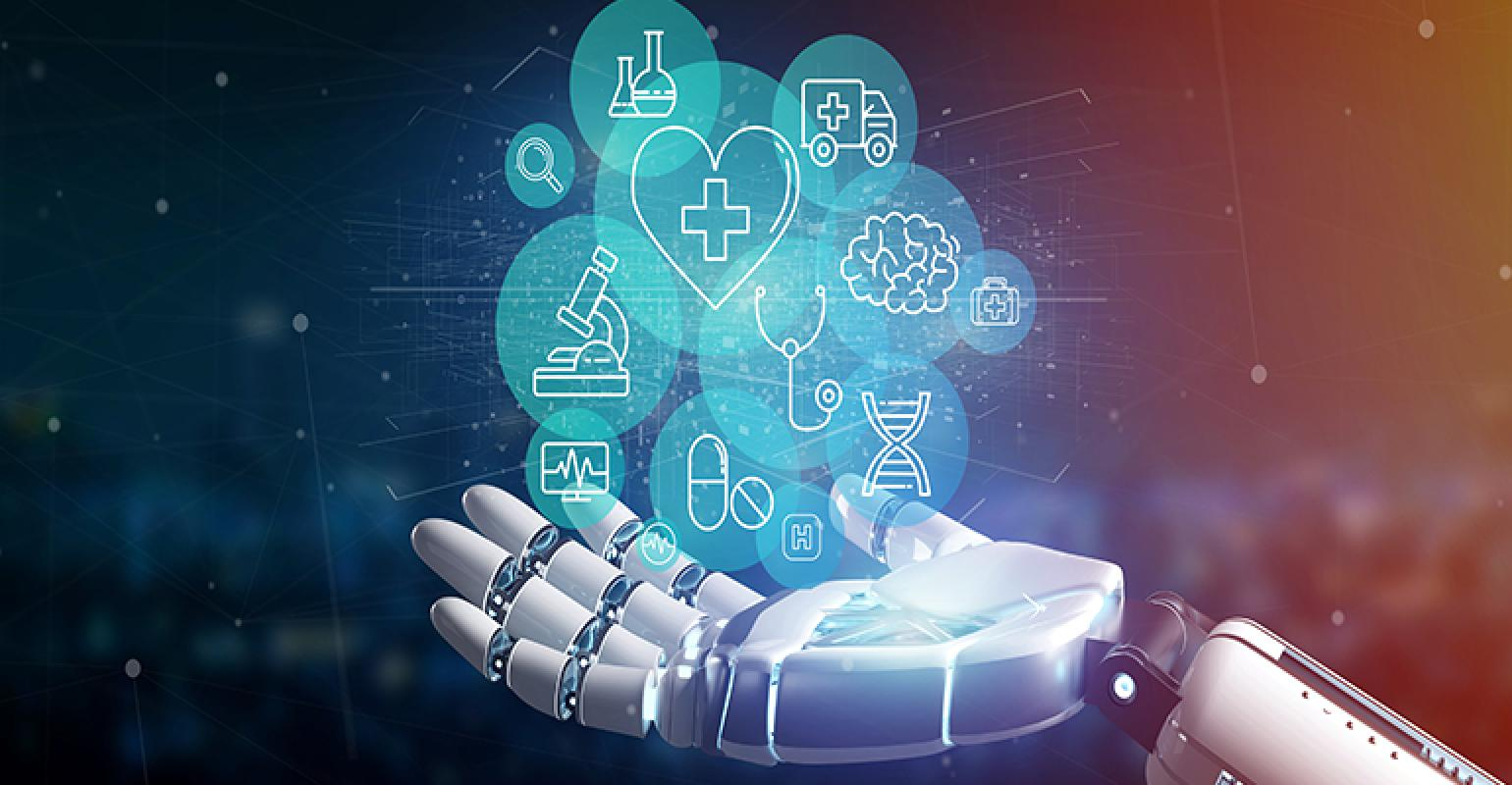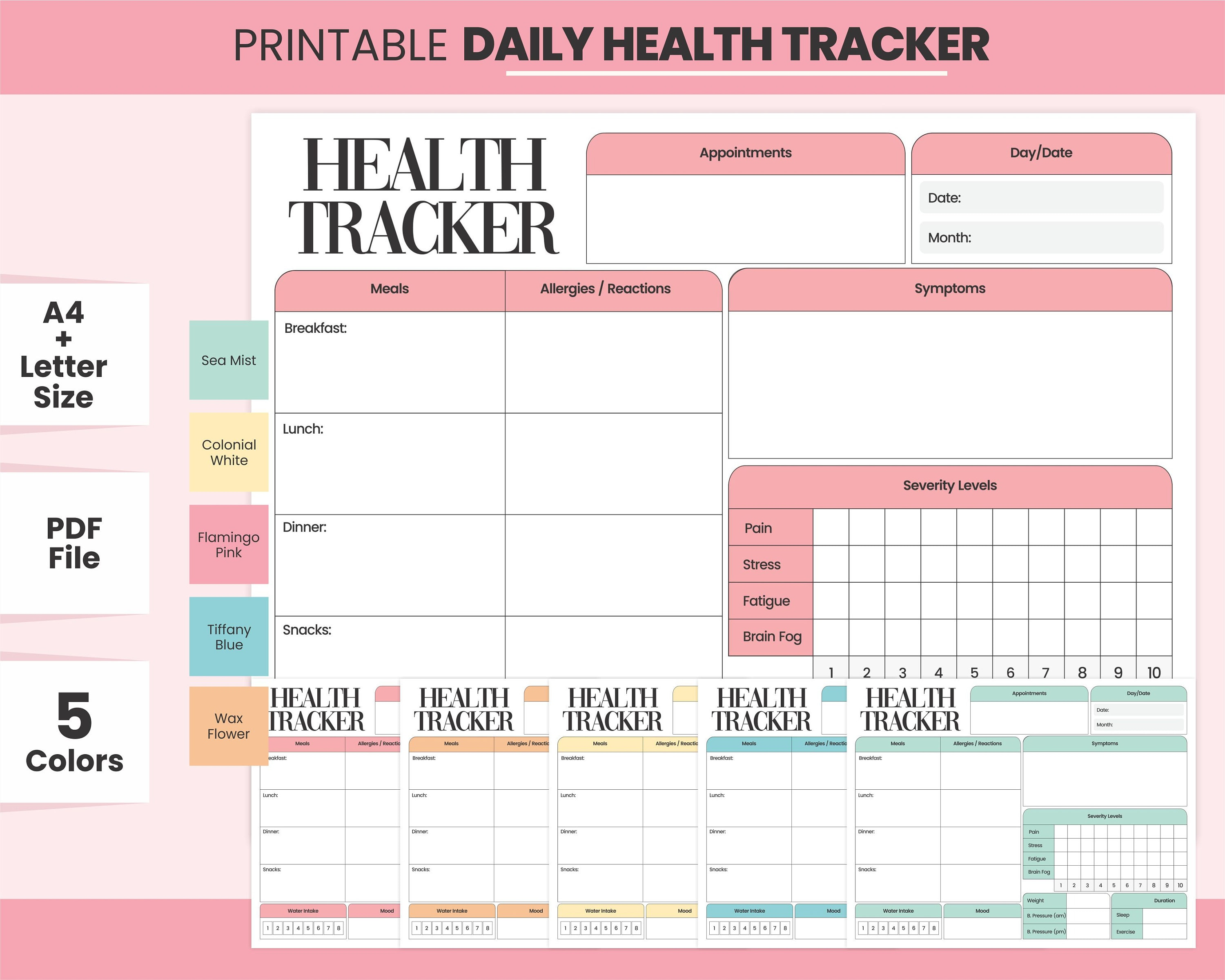
AI in Healthcare: Transforming Patient Care and Medicine
AI in healthcare is not just a futuristic dream; it is rapidly transforming how medical professionals deliver care and interact with patients. The integration of artificial intelligence healthcare tools, like large language models, has the potential to enhance AI medical education, streamline workflows, and significantly improve the AI patient experience. Innovations in healthcare technology are beginning to reshape medical research, making it easier for practitioners to access critical information and provide evidence-based care. As the industry embraces these advancements, we are witnessing a shift in the dynamics of doctor-patient relationships, where technology empowers physicians to devote more time to personalized care. With the growing importance of AI in healthcare, it is crucial to address ethical considerations and ensure equitable access to these transformative tools.
The emergence of smart technologies in medicine marks a pivotal moment in how we understand and deliver health services. By leveraging machine learning and data analytics, the field of medical informatics is redefining patient interactions and clinician training. This shift not only enhances clinical decision-making but also adds a layer of sophistication to healthcare pathways. The rise of intelligent systems, including virtual assistants and predictive algorithms, highlights the urgent need to rethink traditional paradigms of health education. As healthcare continues to evolve, integrating artificial intelligence into everyday practices will play a critical role in improving outcomes and fostering a more inclusive environment for all patients.
Transforming Doctor-Patient Relationships with AI
Artificial intelligence is poised to revolutionize the doctor-patient relationship by providing immediate insights during consultations. This transformation stems from AI’s ability to analyze vast amounts of medical data quickly, thus allowing physicians to offer personalized care based on solid evidence. For instance, large language models (LLMs) like ChatGPT can assist doctors by providing second opinions and immediate access to relevant medical literature. This efficiency offers clinicians more time to focus on empathetic communication with their patients, which is a critical aspect of effective healthcare.
Moreover, the integration of AI into healthcare technology enhances patient experiences by simplifying access to information. Patients can receive answers to their medical inquiries almost instantaneously, reducing anxiety related to health uncertainties. Such advancements enable patients to participate actively in their healthcare decisions, fostering a more collaborative environment between doctors and patients. This relationship dynamics shift is projected to create more trusting patient interactions, ultimately leading to improved health outcomes.
The Role of AI in Medical Education
AI in healthcare isn’t limited to improving patient interactions; it significantly benefits medical education as well. With tools like AI-driven tutoring bots and virtual patients, medical students can engage actively with realistic scenarios, enhancing their learning experiences. This innovative approach replaces traditional rote learning, allowing students to develop critical thinking skills by exploring complex cases and receiving immediate feedback, thus preparing them better for real-world challenges.
Furthermore, as the medical landscape evolves, incorporating artificial intelligence into educational curricula ensures that future doctors are adept at utilizing these technologies. Institutions are already adapting their programs to emphasize AI understanding, enabling students to leverage data analytics in their medical practice. Such educational reform equips students to face the rapid advancements in healthcare technology with agility, ensuring they remain at the forefront of medical innovation.
Enhancing Medical Research through AI
AI’s integration into medical research marks a significant evolution in how healthcare advancements are achieved. By utilizing advanced algorithms and data processing capabilities, researchers can analyze extensive datasets more efficiently, leading to quicker hypothesis testing and data interpretation. This capability not only accelerates the pace of discovery in medical research but also enables scientists to identify trends and relationships that may not be apparent through traditional analysis methods.
Moreover, AI tools can aid in the drug development process, analyzing the interaction of various compounds with biological systems. This streamlining of research processes means potential new treatments can reach clinical trials faster, ultimately improving patient care. With AI taking on the heavy lifting of data analysis, researchers can dedicate more time to innovative thinking and strategy, thus pushing the boundaries of medical science further than ever before.
Mitigating Bias in AI Healthcare Solutions
The integration of AI in healthcare does not come without challenges, particularly regarding bias in the data used to train these systems. Many AI models reflect the biases present in their training datasets, which can lead to disparities in healthcare delivery. For instance, if AI systems are trained primarily on data from specific demographics, they may not perform accurately for underrepresented groups, perpetuating healthcare inequalities. Recognizing and correcting these biases is essential to ensure equitable patient care.
Additionally, there is a growing recognition in the healthcare community about the importance of diversity in clinical trials and data collection processes. By prioritizing diverse participant inclusion, researchers can build AI systems that better represent the varied patient population. This proactive approach not only improves the accuracy of AI predictions but also helps in creating a more inclusive healthcare system that benefits all patients, regardless of their background.
AI’s Impact on Healthcare Administration
Artificial intelligence is set to simplify healthcare administration significantly. By automating routine documentation tasks and reducing the paperwork burden, healthcare professionals can devote more time to patient care rather than administrative duties. AI tools can streamline processes such as scheduling, billing, and compliance tracking, thereby enhancing operational efficiency and reducing the risk of errors that can arise from manual processes.
Moreover, the use of AI in healthcare administration allows for real-time data analytics, enabling healthcare organizations to monitor performance metrics more effectively. This data-driven approach helps in identifying areas for improvement, optimizing resource allocation, and enhancing patient flow within healthcare facilities. The result is a more agile healthcare system that can adapt quickly to changing demands, ultimately improving the quality of care provided to patients.
AI-Powered Solutions to Reduce Physician Burnout
Physician burnout has become a significant concern in contemporary healthcare, driven largely by administrative overload and high patient volumes. AI offers promising solutions to alleviate this strain by automating mundane tasks and providing decision support systems. For instance, AI can take over time-consuming documentation processes, allowing physicians to focus more on patient interactions and quality care.
Additionally, AI-powered tools can help predict patient needs by analyzing trends and patterns in clinical data. By anticipating potential issues before they escalate, healthcare providers can improve their workflow efficiency. This proactive model is not only enhancing job satisfaction among physicians but also benefiting patient outcomes, as more attentive and less stressed clinicians are likely to provide better care.
Fostering Innovation in Medical Technologies
The advent of AI in healthcare technology has paved the way for groundbreaking innovations across various medical fields. From advanced imaging techniques powered by machine learning to enhancing surgical precision with robotic assistants, AI is transforming the capabilities of modern medicine. These advancements not only improve diagnostic accuracy but also increase the success rates of complex procedures.
Moreover, the use of AI in developing wearable health technologies is reshaping how patients manage chronic conditions. Devices equipped with AI can monitor vital signs in real-time, alerting both patients and healthcare providers to potential health issues before they become critical. This fusion of technology and healthcare encourages preventive measures and promotes a proactive approach to patient health management.
Enhancing Data Management in Healthcare using AI
Effective data management is crucial in healthcare, where vast amounts of patient information are generated daily. AI tools can significantly improve data management practices by organizing, analyzing, and extracting meaningful insights from large datasets. The implementation of AI in data management allows healthcare organizations to maintain accurate patient records and better track treatment progress, which enhances overall patient care.
Additionally, AI’s ability to perform predictive analytics can support healthcare providers in making informed decisions about resource allocation and patient interventions. By forecasting healthcare trends and identifying at-risk populations, AI ensures that healthcare resources are deployed efficiently, ultimately leading to improved health outcomes and enhanced patient satisfaction.
Preparing for the Future of Healthcare with AI
As healthcare continues to evolve with the integration of AI, it’s essential for medical professionals to remain adaptable. Educational institutions are beginning to incorporate AI into their training protocols, preparing future healthcare providers for the complexities of this new landscape. By fostering a culture of agility and continuous learning, medical schools can equip students with the skills needed to thrive in a technology-driven world.
Furthermore, staying informed about the latest advancements in artificial intelligence will be crucial for healthcare professionals. Ongoing professional development that emphasizes AI applications in healthcare can enhance clinicians’ ability to utilize these tools effectively, ultimately improving patient care. As the field of medicine increasingly intersects with AI technology, proactive engagement with these changes will be key to successful healthcare delivery in the future.
Frequently Asked Questions
How is AI in healthcare reshaping doctor-patient interactions?
AI in healthcare enhances doctor-patient interactions by providing clinicians with quick access to vast medical knowledge, allowing them to deliver evidence-based answers during appointments. Tools like OpenEvidence let doctors query symptoms and diseases in real-time, fostering more engaged and informed conversations with patients, ultimately improving the patient experience.
What role does AI medical education play in training future healthcare professionals?
AI medical education is revolutionizing the training of future healthcare professionals by incorporating advanced tools like virtual patients and tutor bots that accelerate learning. This helps medical students move beyond rote memorization to develop critical thinking skills necessary for diagnosing complex conditions and making informed treatment decisions.
How does AI improve efficiency in healthcare technology?
AI enhances efficiency in healthcare technology by automating routine tasks such as documentation and prior authorization requests. This reduces the administrative burden on healthcare providers, allowing them to focus more on patient care, thus improving overall productivity within medical practices.
What are some concerns surrounding AI in healthcare applications?
Concerns surrounding AI in healthcare include the potential for reinforcing existing biases found in data, which could lead to inequities in patient care. Additionally, AI systems can produce inaccurate information or ‘hallucinations,’ resulting in mistrusted recommendations unless closely monitored by experienced healthcare professionals.
How can AI medical research accelerate scientific breakthroughs?
AI medical research accelerates scientific breakthroughs by analyzing large datasets and generating insights that are difficult for humans to uncover. For example, AI can predict protein structures from genetic data, facilitating drug discovery and personalized medicine approaches that significantly shorten the research timeline.
What is the potential impact of AI on reducing healthcare disparities?
AI has the potential to reduce healthcare disparities by providing better access to information and diagnostic tools for underrepresented populations. By ensuring diverse datasets inform AI models, healthcare systems can develop more equitable practices and improve care for all individuals, regardless of their background.
Can AI be relied upon for accurate diagnoses in medical settings?
While AI can assist in providing second opinions and analyzing cases, it should not be solely relied upon for accurate diagnoses. The current AI models demonstrate a strong performance but should be used in conjunction with human expertise to ensure patient safety and effective care.
What advancements are expected from AI patient experience enhancement?
Advancements in AI patient experience are expected to include personalized care recommendations and faster access to medical information. AI tools can help streamline scheduling, provide instant second opinions, and enable more efficient communication between patients and providers, greatly enhancing the overall healthcare experience.
How will AI in healthcare influence the workload of physicians?
AI in healthcare is poised to reduce the workload of physicians by automating administrative tasks such as documentation and data entry. This shift allows doctors to devote more time to direct patient care, thereby improving job satisfaction and the quality of healthcare services delivered.
What challenges does AI face in being integrated into healthcare systems?
Challenges in integrating AI into healthcare systems include addressing data privacy concerns, ensuring algorithm transparency, and mitigating biases inherent in existing datasets. Additionally, there is a need for training healthcare professionals to effectively use AI tools in clinical settings to enhance patient care.
| Key Aspects of AI in Healthcare | |
|---|---|
| Impact on Patient Care | AI tools like ChatGPT allow for rapid querying and decision support, improving patient interactions. |
| Efficiency Enhancements | AI can help reduce paperwork and administrative tasks, giving doctors more time for patient care. |
| Educational Advancements | Incorporation of AI in medical education aids in faster learning and critical thinking development. |
| Bias and Ethical Concerns | AI systems can perpetuate biases present in training data, affecting care quality. |
| Future Prospects | AI has the potential to transform healthcare significantly but requires careful integration. |
Summary
AI in healthcare is revolutionizing how medical professionals approach patient care, ultimately aiming to alleviate human suffering through sophisticated, data-driven insights. With tools that enhance efficiency, reduce administrative burdens, and improve education, the integration of AI into healthcare systems represents a catalyst for positive change. However, as we embrace these technologies, it is crucial to remain vigilant about potential pitfalls such as data biases and ethical implications. By addressing these challenges head-on, AI can be effectively harnessed to foster a more equitable and efficient healthcare landscape.


